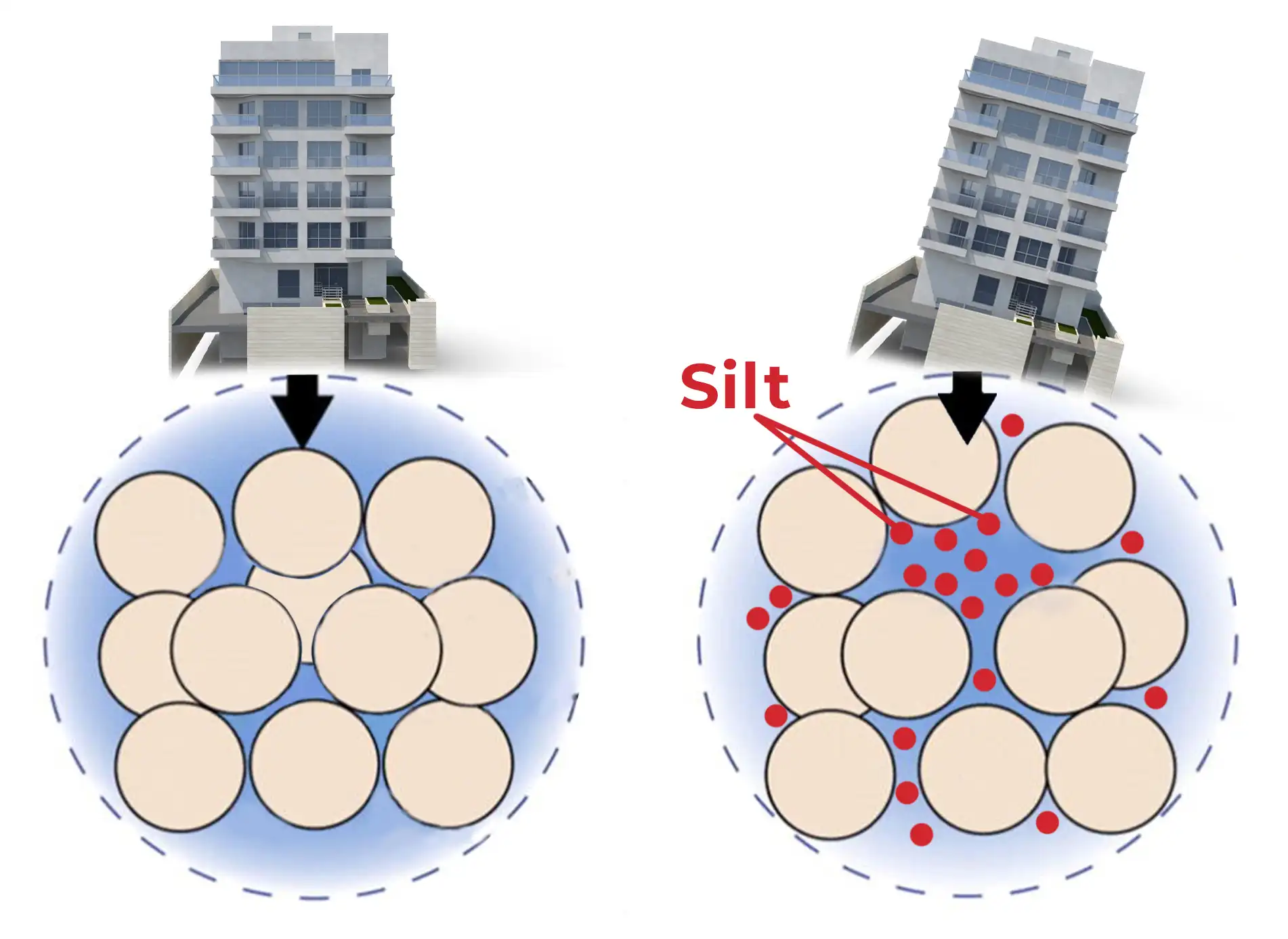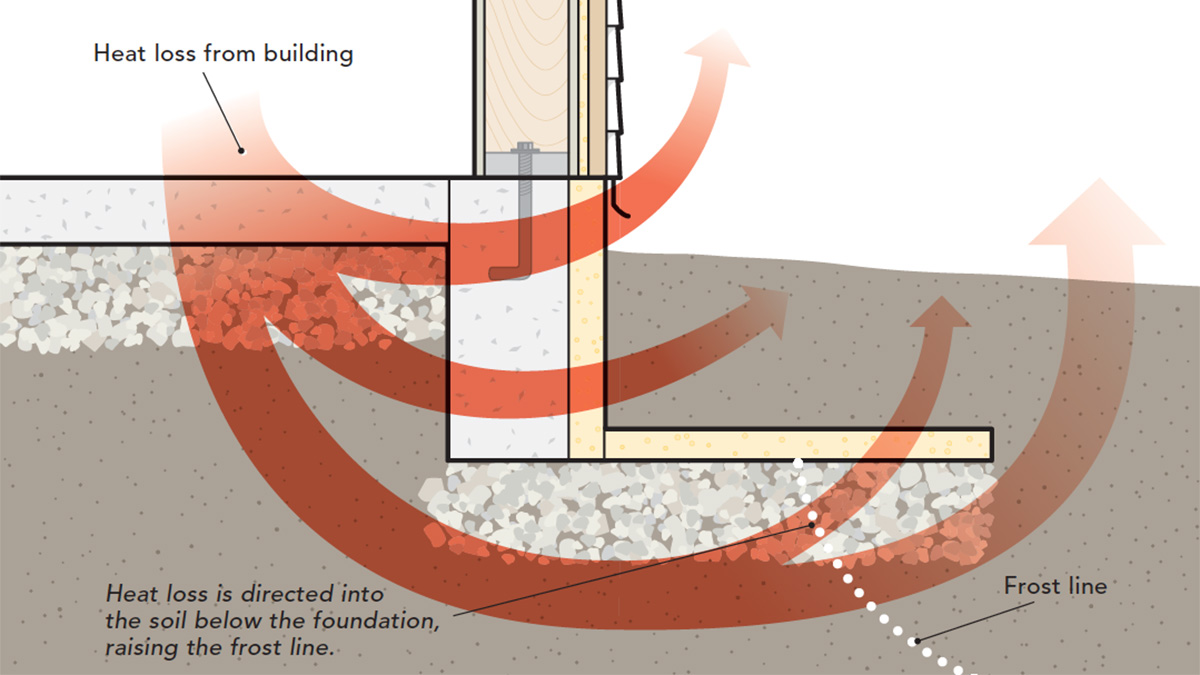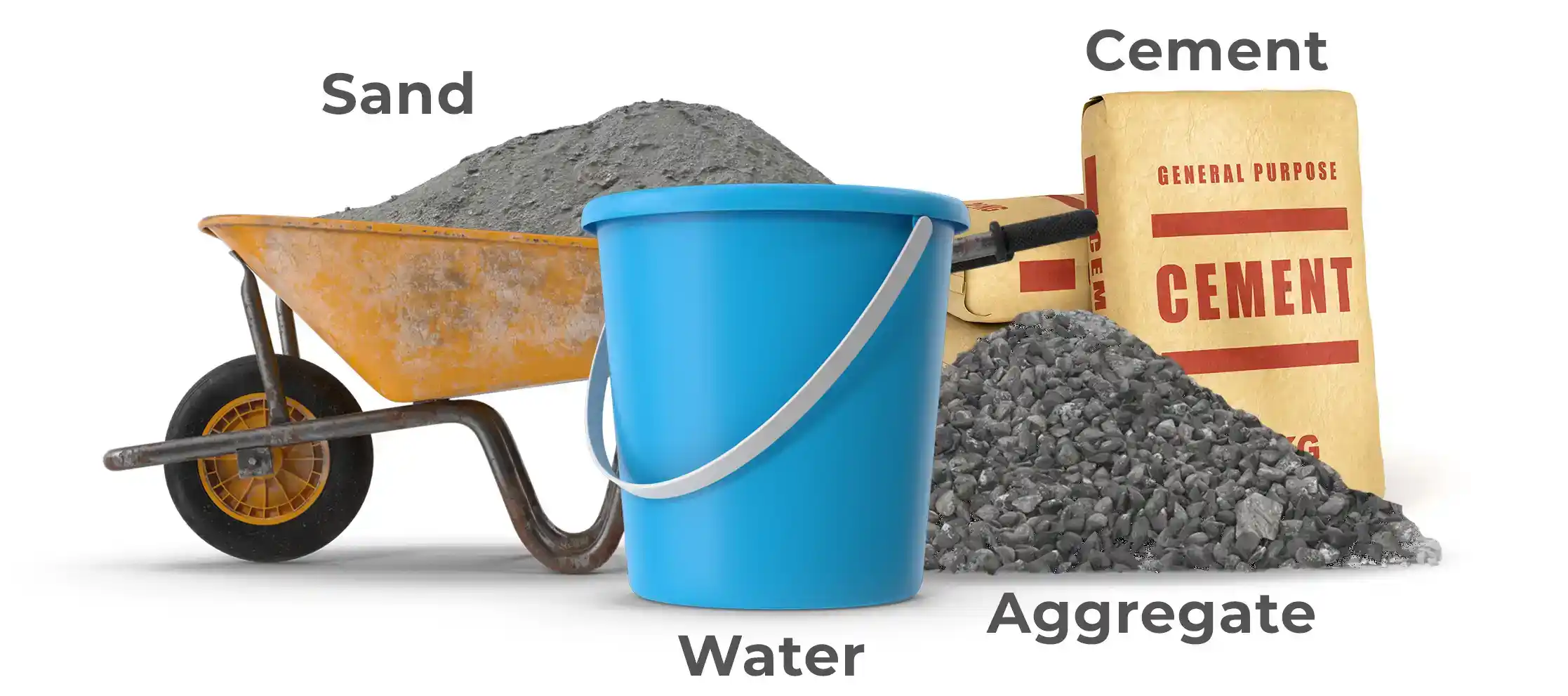
Role of Sand in Foundation
Role of Sand plays a very important role in the foundation. Here are some key factors of sand in building foundations.
Load Distribution:

Sand helps in distributing the building’s weight equally across the foundation. Sand’s granular structure helps the particles interlock by creating frictional resistance. This lowers the risk of foundation settlement or failure by enabling the sand to carry and distribute the weight efficiently, minimizing undue strain on particular locations.
Stability and Compaction:

Sand provides a stable base for the foundation by facilitating proper compaction. It possesses excellent compaction properties, allowing it to be compacted uniformly. Proper compaction of the sand layer ensures a solid and level surface, minimizing the potential for differential settlement and ensuring the stability of the entire structure.
Moisture Regulation:

The stability of foundations is frequently threatened by excessive moisture. Sand has drainage properties, which help in controlling the moisture content. Water can travel through its porous structure, which prevents water from collecting near the foundation. This aids in preserving the integrity of the underlying soil, lowering the possibility of soil erosion, weakening, or swelling, which could jeopardize the stability of the foundation.
Frost Heave Prevention:

Frost heave can harm foundations in cold-weather areas. Due to its role as a thermal insulator, sand prevents cold temperatures from penetrating the soil beneath a foundation as deeply. Sand assists in preventing frost heave and guarantees the foundation's integrity by reducing freezing and the ensuing ground movement.
Compatibility with Other Materials:

Sand works well with a range of materials and construction techniques for foundations. It can be a solitary layer or a part of concrete mixtures. The sand acts as a sturdy bedding material for pipes, utility lines, and other subterranean structures, maintaining stability and preventing shifting or damage.
Which is the right Sand for the foundation?

Concrete sand, also known as C sand, is highly suitable for foundation work due to its exceptional compressive and flexural strengths. This makes it an excellent choice for heavy construction projects, building projects, and building foundations. However, it is a task when selecting the appropriate concrete sand, considering the abundance of C sand manufacturers in the market.
Alpha C sand stands out as the best choice among the various concrete sand options available because of its unique qualities. Alpha C sand offers distinct advantages that set it apart from other manufacturers. Its exceptional characteristics make it highly desirable for foundation applications and ensure reliable performance in construction.
When it comes to your construction needs, selecting the right type of C sand is essential for ensuring the stability and durability of your foundation. With its exceptional features and unique qualities, Alpha C sand proves to be the optimal choice, guaranteeing a strong and reliable foundation for your construction endeavors.
Conclusion:
Sand is essential for creating a solid foundation as it helps with load distribution, upholds stability, regulates moisture, prevents frost heave, and allows for a variety of construction techniques. Due to its special qualities, it is a crucial component in maintaining any construction's durability and structural integrity. Understanding the significance of sand and taking advantage of its potential will be essential in the building business as long as builders continue to rely on it to develop sturdy foundations.
Frequently Asked Questions:
-
Why is sand used in the foundation?
Sand is used in foundations because it provides a stable and level base for the construction of structures. It helps distribute the weight of the building evenly and prevents settling or shifting of the foundation.
-
What is the function of sand in building construction?
In building construction, sand serves multiple functions. It acts as a filler material in mortar and concrete, providing strength and stability. It aids in achieving proper compaction, improving drainage, controlling moisture, and preventing the formation of voids or cracks.
-
What is the role of sand in concrete?
The role of sand in concrete is crucial. It is one of the main components, along with cement, water, and aggregates. Sand provides workability to the concrete mix, enhancing its flowability and ease of placement. It also helps to reduce shrinkage and cracking while improving the overall strength and durability of the concrete.